Clinical Linguistics. Theory and applications in speech pathology and therapy.
This book covers different aspects of speech and language pathology and it offers a fairly comprehensive overview of the complexity and the emerging importance of the field, by identifying and re-examining, from different perspectives, a number of standard assumptions in clinical linguistics and in cognitive sciences. The papers encompass different issues in phonetics, phonology, syntax, semantics, and pragmatics, discussed with respect to deafness, stuttering, child acquisition and impairments, SLI, William’s Syndrome deficit, fluent aphasia and agrammatism. The interdisciplinary complexity of the language/cognition interface is also explored by focusing on empirical data from different languages: Bantu, Catalan, Dutch, English, German, Greek, Hebrew, Italian, Japanese, and Spanish. The aim of this volume is to stress the growing importance of the theoretical and methodological linguistic tools developed in this area; to bring under scrutiny assumptions taken for granted in recent analyses, which may not be so obvious as they may seem; to investigate how even apparently minimal choices in the description of phenomena may affect the form and complexity of the language/cognition interface.
{{comment.content}}
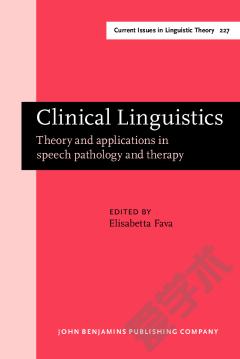

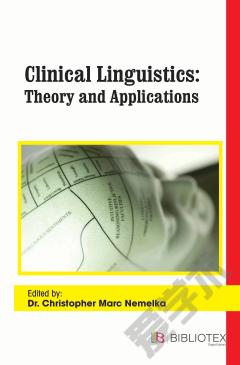
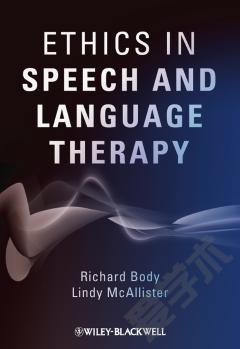
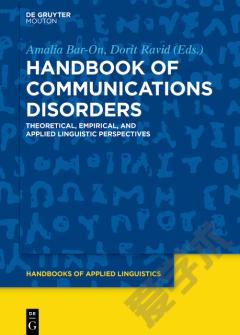
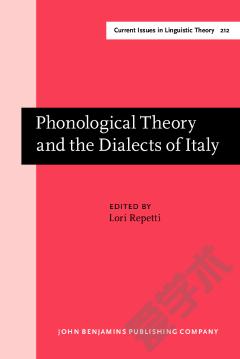


 京公网安备 11010802027623号
京公网安备 11010802027623号